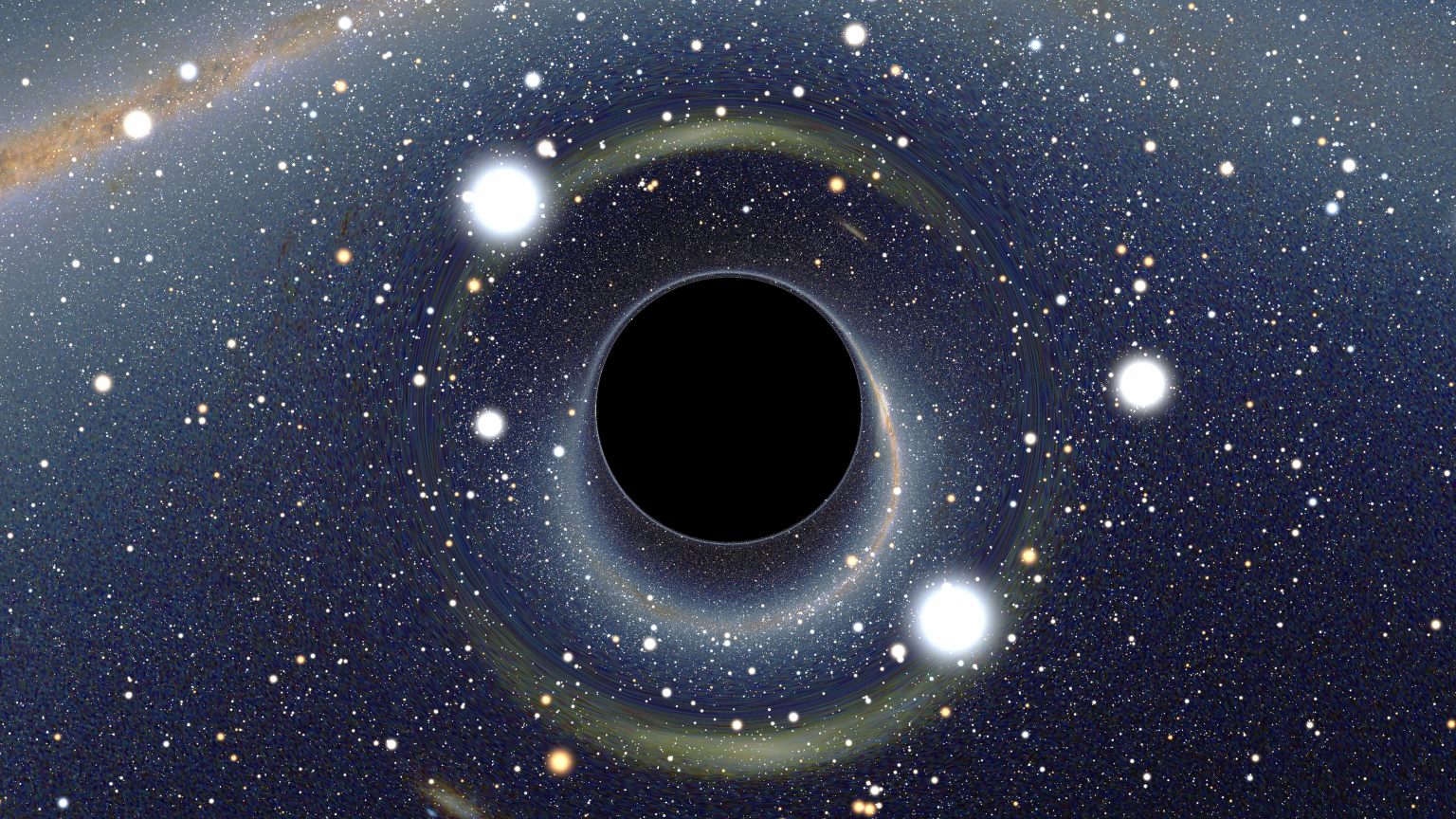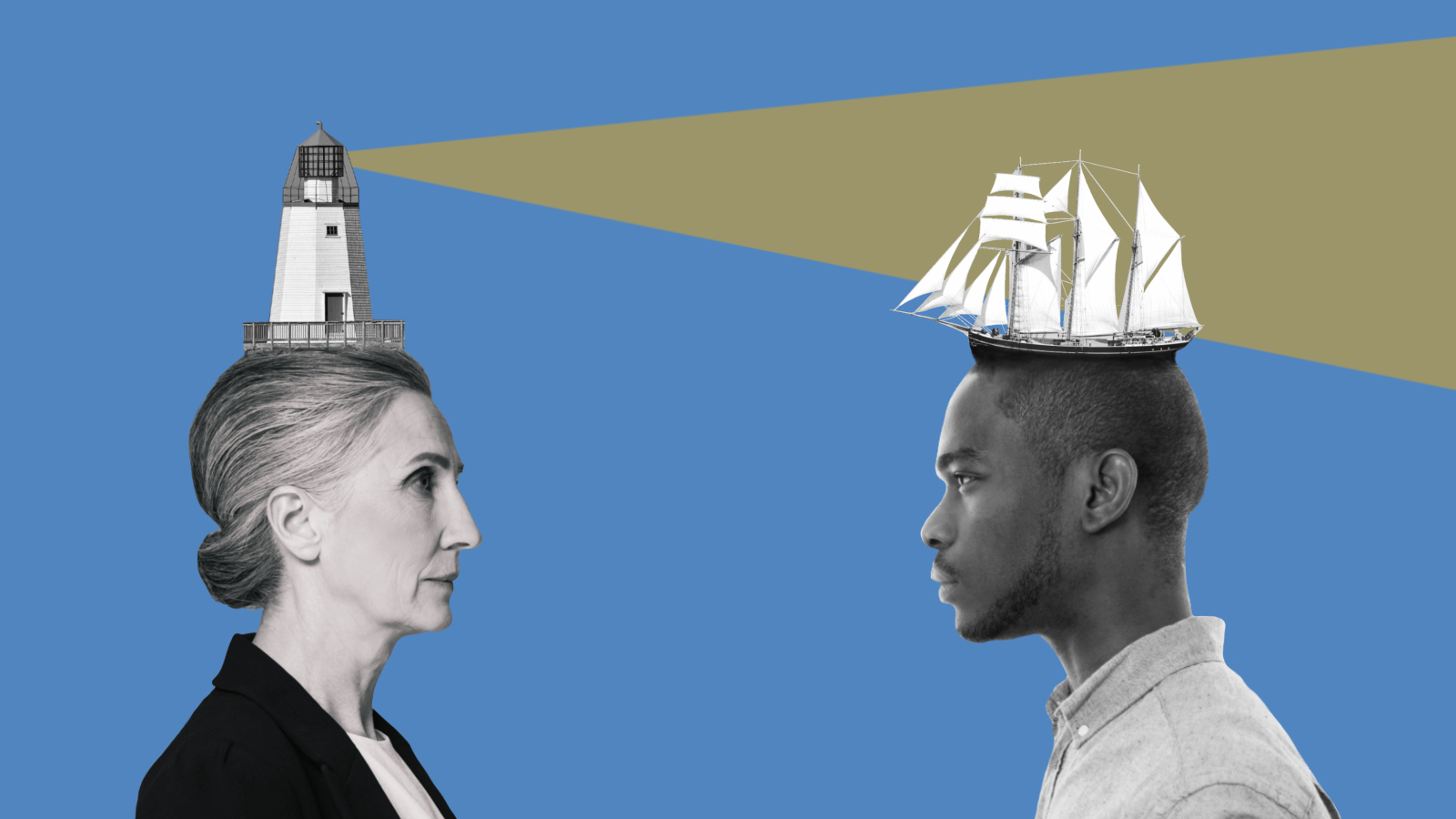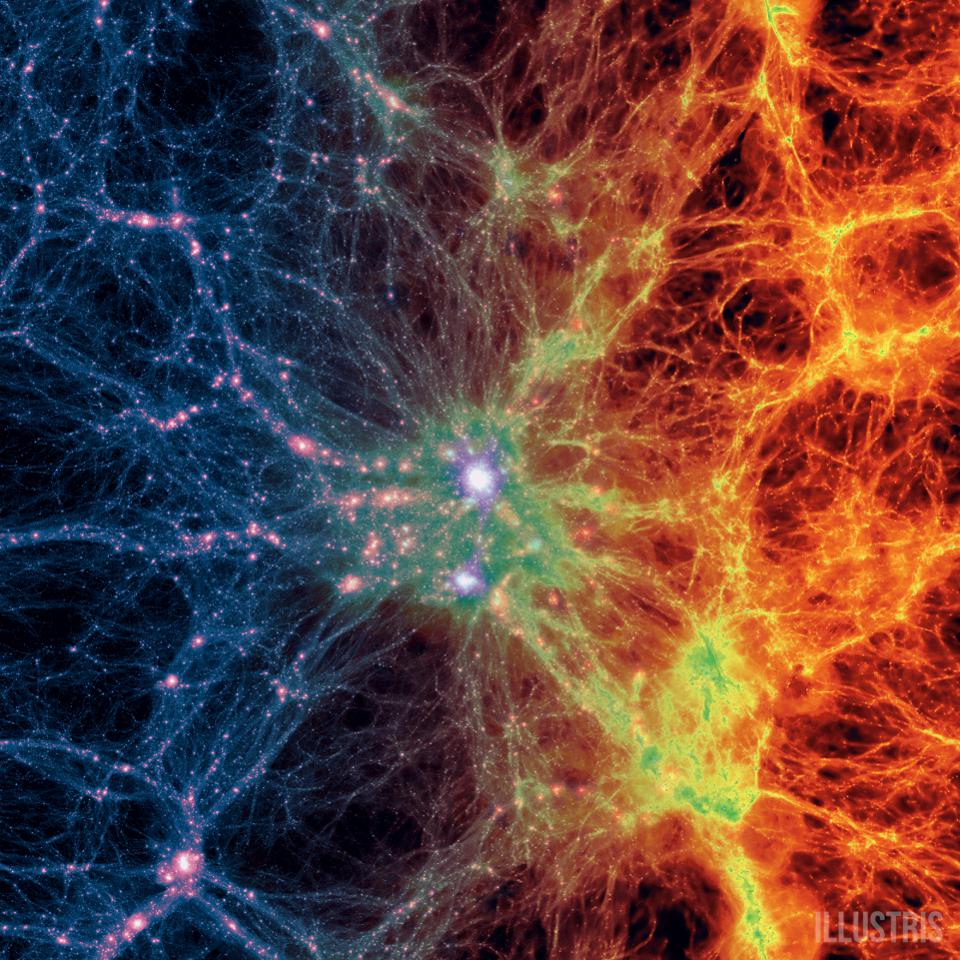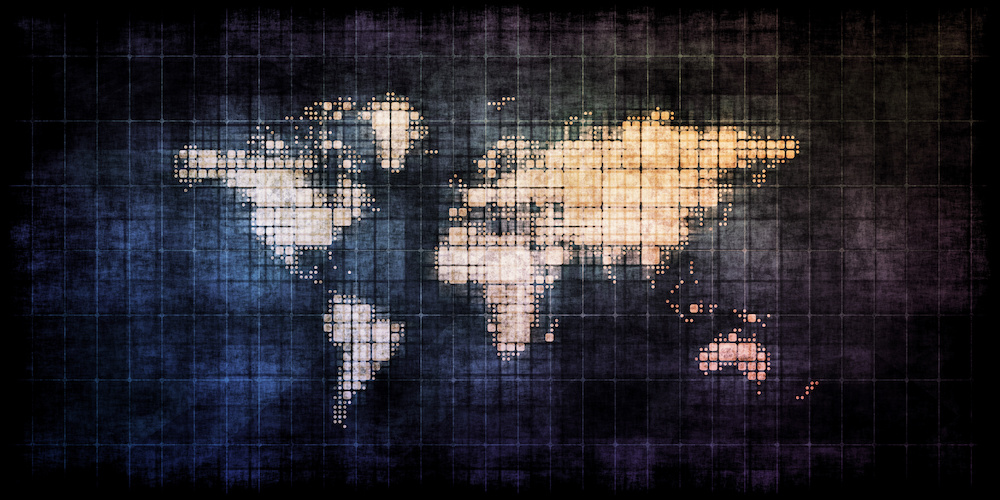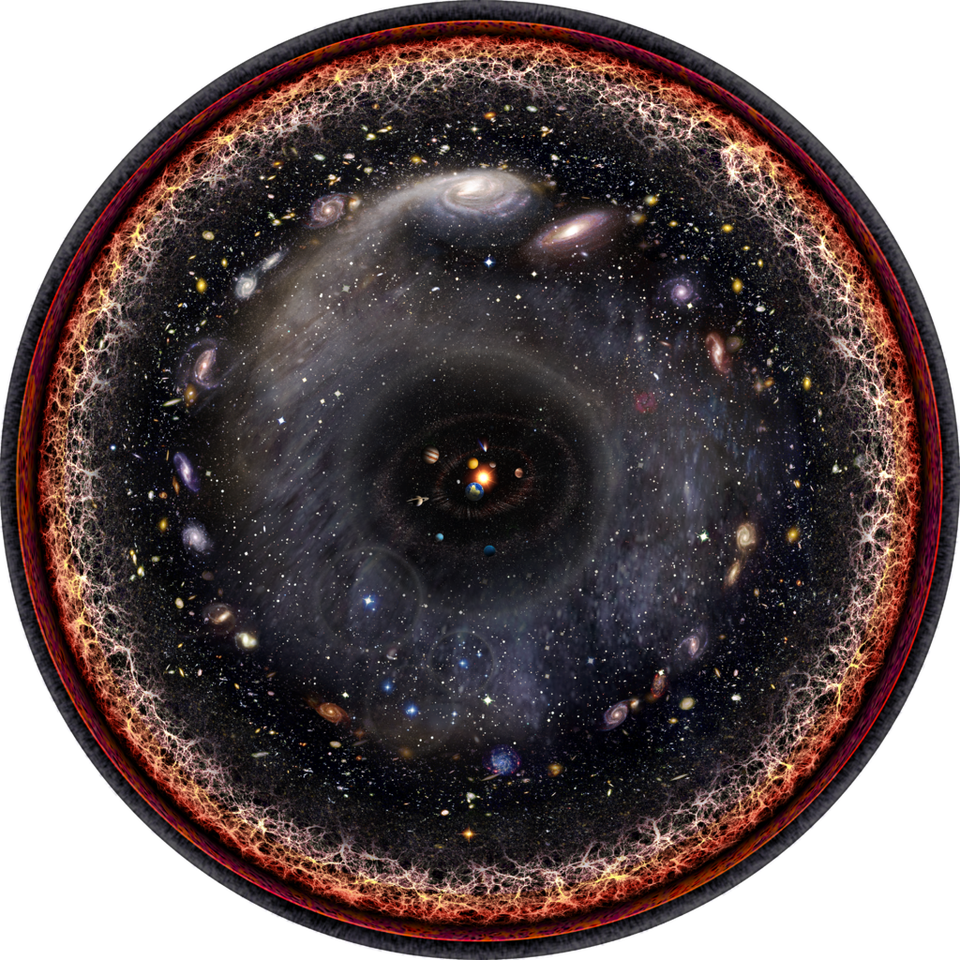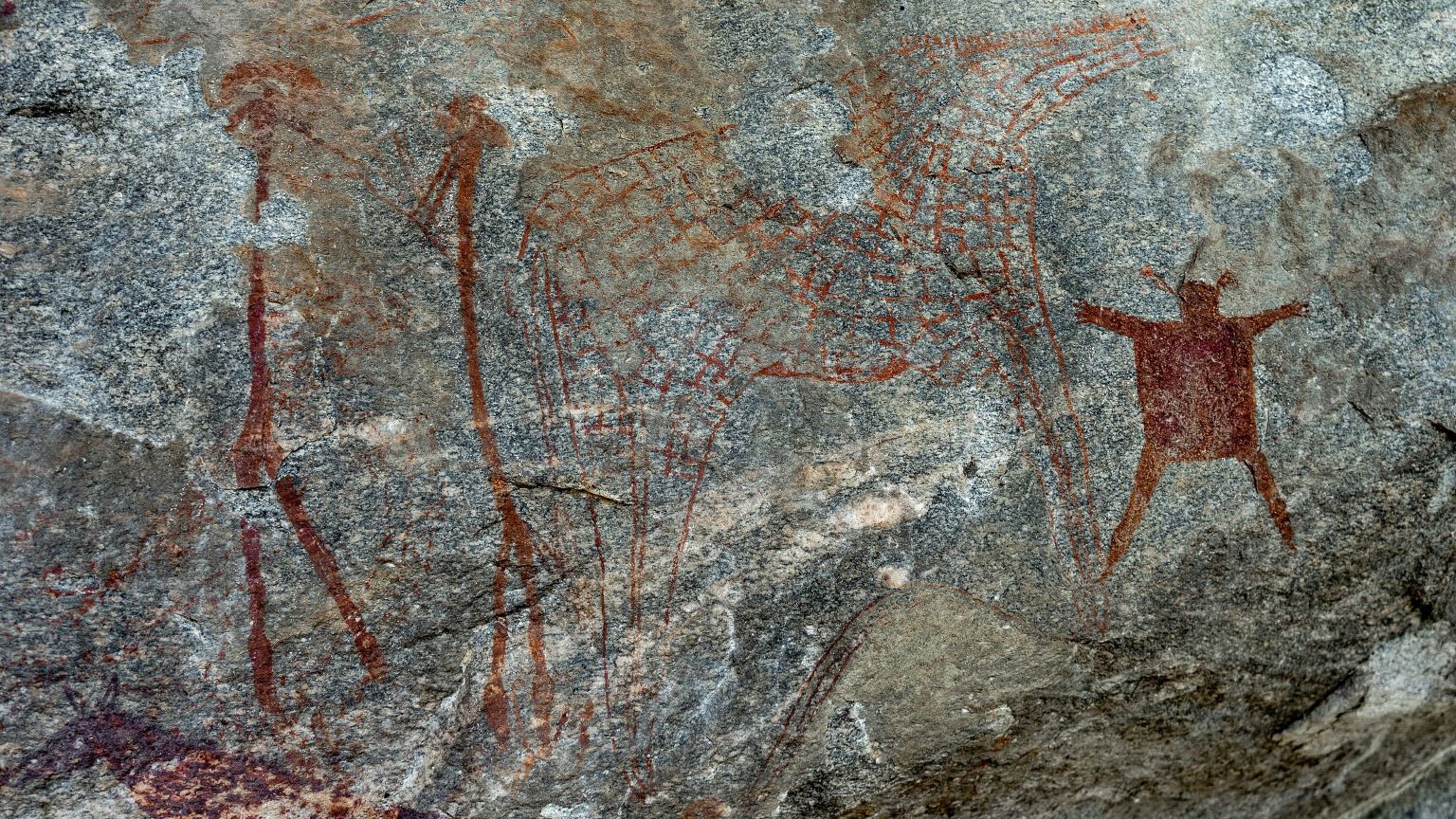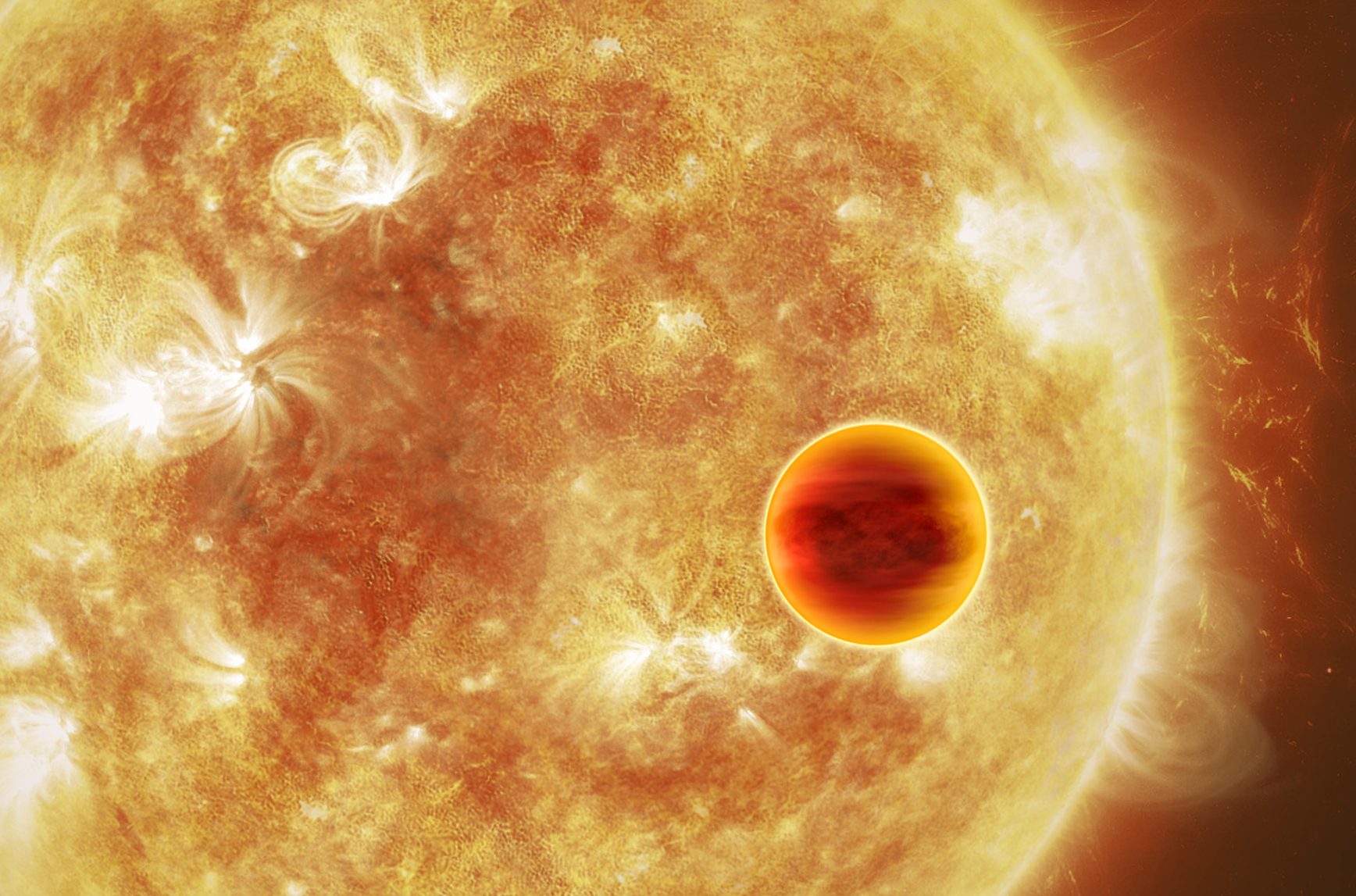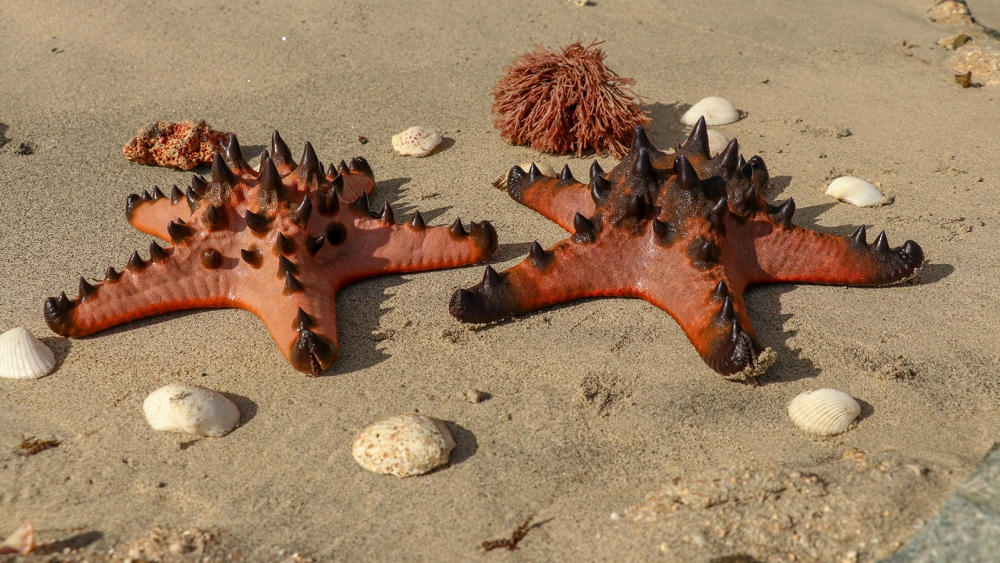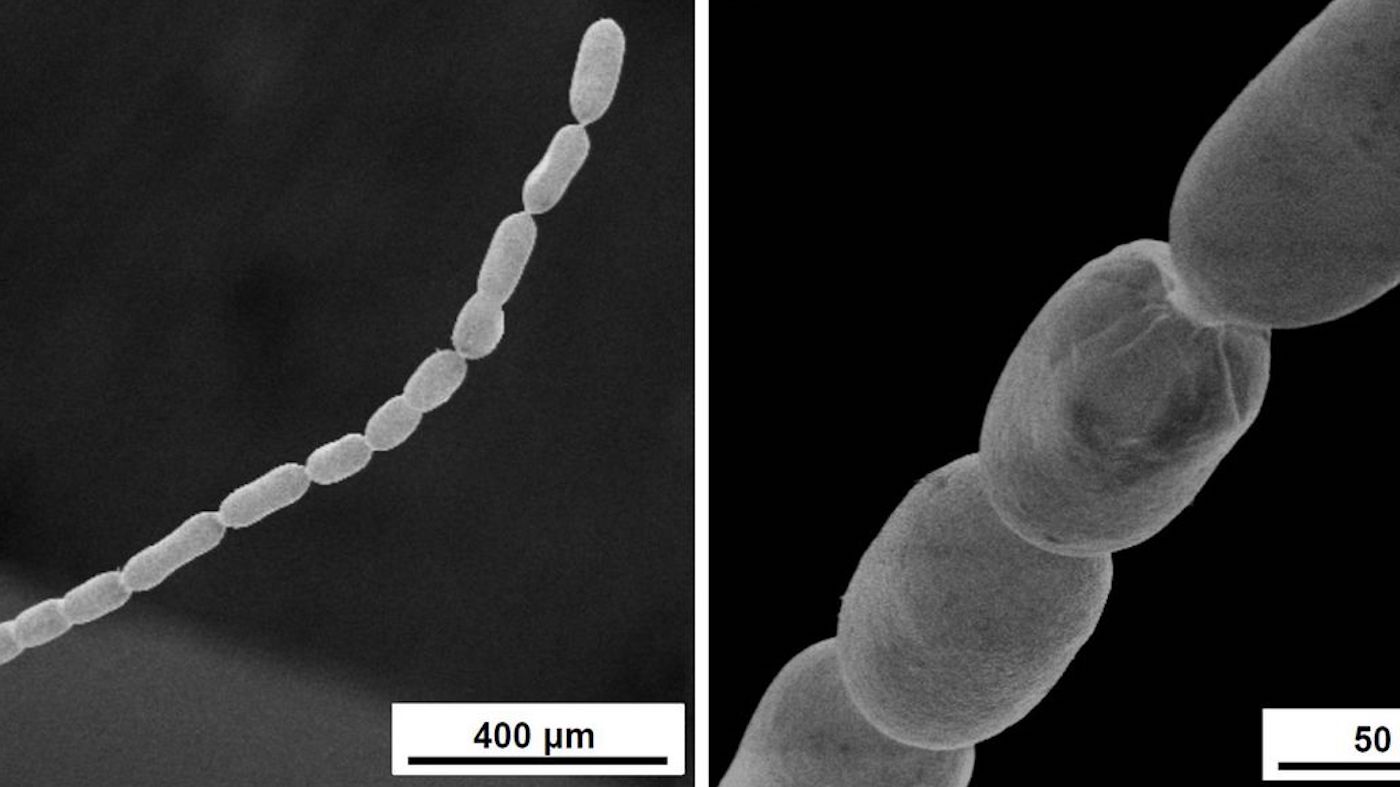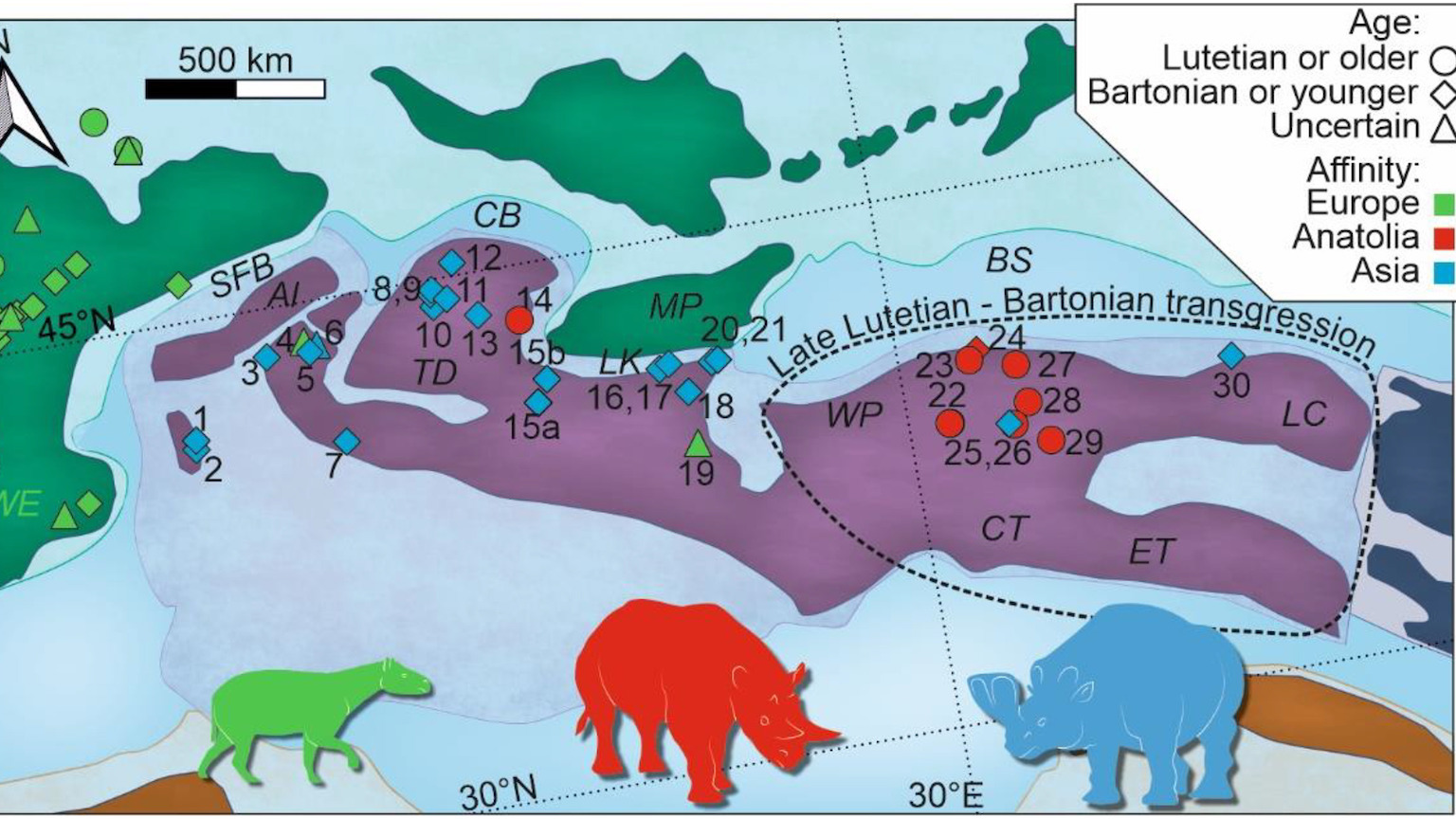Astronomers used supercomputers and an international network of antennas to create the stunning map.
All Articles
Shortly after planet Earth formed, life took a permanent hold on our surface. But just how common is such an outcome?
A ten-minute visit from a therapy dog reduces emergency room patients’ pain and anxiety.
Executive coaching is a forward-thinking investment in leadership that can empower high-potential individuals to achieve greater success.
We cannot deduce laws about a higher level of complexity by starting with a lower level of complexity. Here, reductionism meets a brick wall.
The very concept of a “problem with no solution” goes against human nature. But we must accept this harsh reality to have peace in our lives.
Africa has the most universities in the 2022 rankings with over two thirds of the world’s youngest universities.
If dark matter exists in a large halo in our galaxy, made up of particles, then it’s passing through us constantly. But how much?
Pet owners have consistently reported higher levels of social capital in their communities than people without pets.
Recent geopolitical turning points, like Brexit and the 2016 U.S. presidential election, were chapters in a story that extends decades back in world history.
Researchers speculate the famous monument was one of the world’s first solar calendars, possibly inspired by trade with ancient Egyptians.
“What am I missing?” is a question that journalist Mónica Guzmán thinks more people should start asking.
When we look out at the Universe, even with Hubble, we’re only seeing the closest, biggest, brightest galaxies. Here’s where the rest are.
A computer that could decidedly pass Alan Turing’s test would represent a major step toward artificial general intelligence.
The dark genome makes up 98% of human DNA. Scientists are just beginning to understand its role in cognitive disorders.
As always, aDNA research raises as many questions as answers.
Some economists predict China’s economy will overtake the U.S. economy by 2028.
There’s a limit to how large planets can be, and it’s only about double the radius of Jupiter. At least, so far.
MIT neuroscientists have identified a population of neurons in the human brain that respond to singing but not other types of music.
The knobby starfish skeleton has diamond-like properties and could inspire new designs for lightweight, highly resilient ceramics, with widespread applications in engineering and construction.
A gigantic bacterium evolved differently than fundamental models of biology would have predicted. Simply put, these bacteria shouldn’t exist.
Russia’s cyberattacks against Ukraine have been prolific and ongoing for several years. The future of war may begin in cyberspace.
The rhetorical fallout is greater than the radioactive fallout.
When actual people correct misinformation online, it can be as effective, if not more so, as when a social media company labels something as questionable.
Think therapy is self-centered? Think again.
An ancient continent called Balkanatolia rose and fell in the area in and around what is now the eastern Mediterranean.
A new method of extracting rare-earth elements could put us on the track toward a circular economy.
When we fail to help in a bad situation, we are morally responsible. So, why don’t we pick up others’ litter?
The Big Bang was hot, dense, uniform, and filled with matter and energy. Before that? There was nothing. Here’s how that’s possible.
Lessons from child development research teach us how we learn to trust others.
